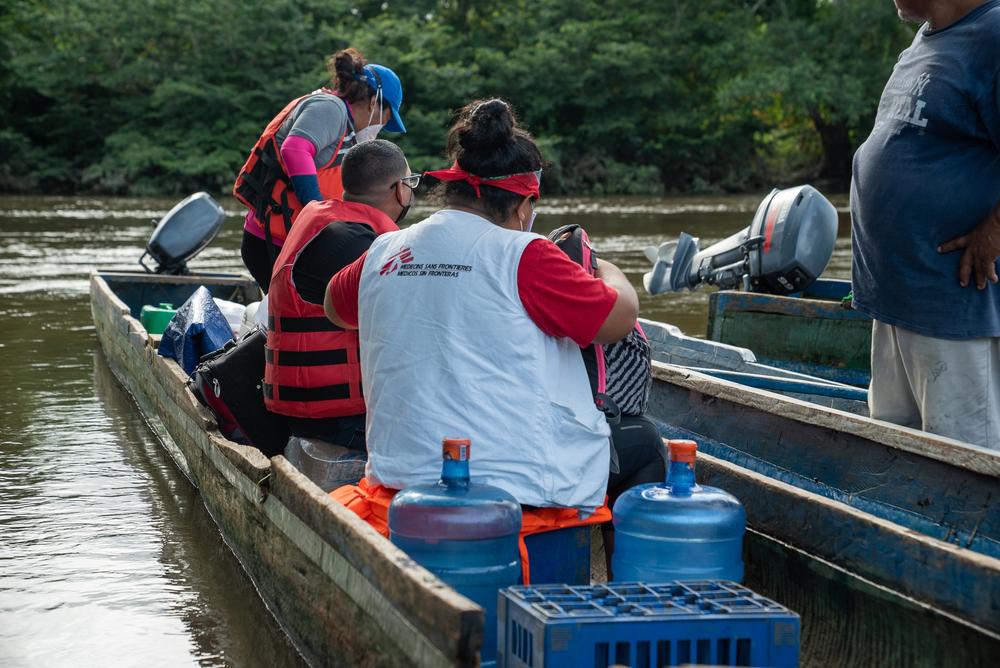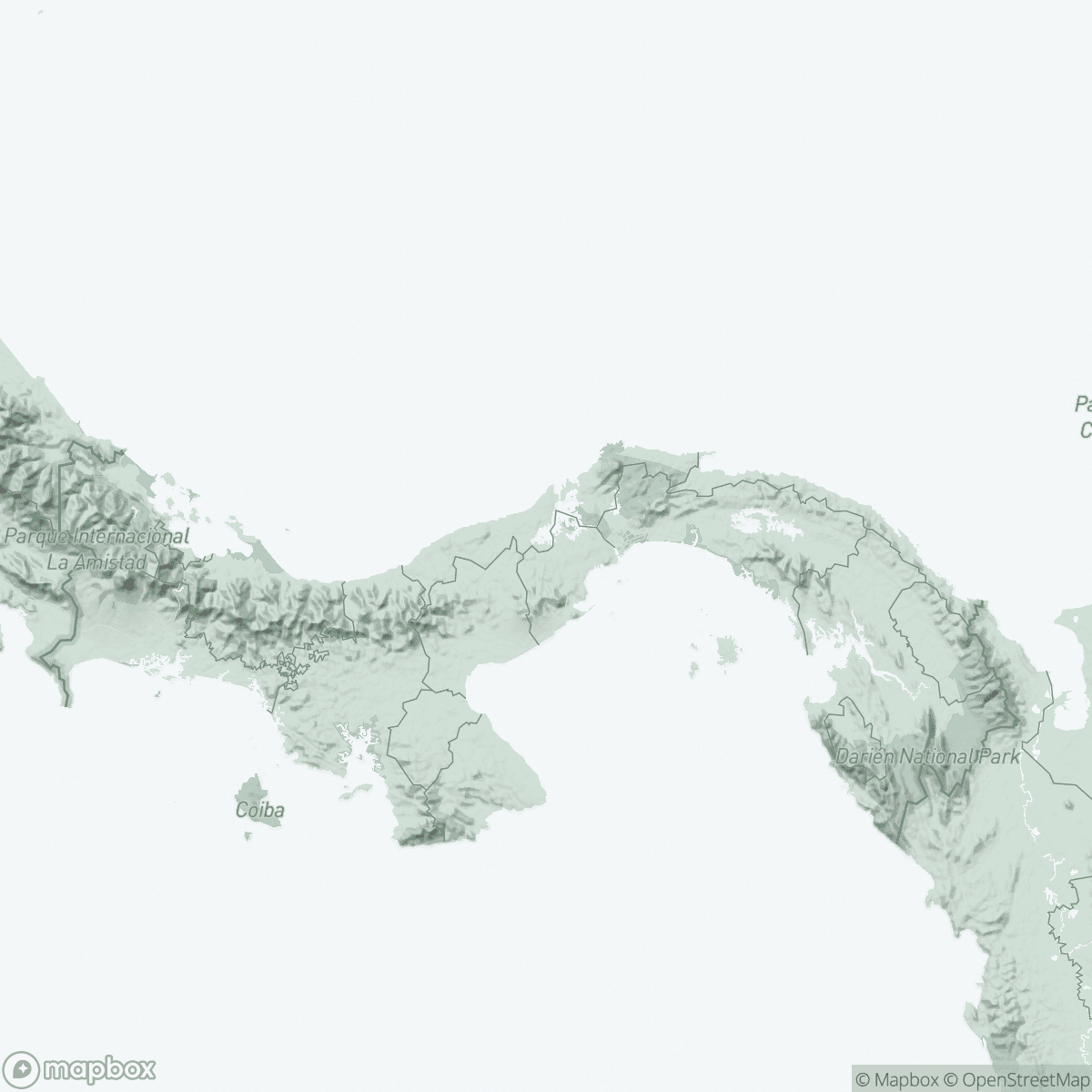
Violence continues to stalk migrants crossing the Darién gap
In 1 click, help us spread this information :
Violence continues to stalk migrant groups crossing through the Darién jungle, on the border between Colombia and Panama. These attacks, perpetrated by criminal groups against people crossing the border, are usually extremely violent, and are generally aggravated by sexual assault and rape. Médecins Sans Frontières (MSF) is calling for safe migration routes and for regional governments to provide protection from violence for migrant families.
The current high levels of violence come despite a noticeable decrease in attacks for just a few weeks in October, coinciding with a greater presence of troops from SENAFRONT (Servicio Nacional de Fronteras, [National Border Service]) along the route. MSF teams have provided care to 288 victims of sexual assaults since April.
In mid-September and early October, the violence was contained, with a greater presence of SENAFRONT troops in the Darién Gap and the transfer of the prosecutor's office to Bajo Chiquito.
“This decrease was short-lived, however, and now we're seeing violence and sexual violence on the rise again,” explains Owen Breuil, MSF field project coordinator in Panama. “We’re therefore renewing our request for safe routes and protection for migrant families along the entire route. We're talking about a group of people largely made up of families, with pregnant women and children in transit.”
Of the more than 30,000 medical consultations provided to people who have arrived in Bajo Chiquito, Panama, where MSF collaborates with the Ministry of Health, and in the migrant reception centres of Lajas Blancas and San Vicente, around 10,000 consultations have been provided to children or adolescents and around 1,000 to pregnant women. The most common conditions seen by healthcare teams include injuries from falls, skin problems due to stings and bites, and foot problems.
“They have no other alternative than to cross the border between Colombia and Panama,” says Breuil. “They are forced to do so by the most dangerous route, because they cannot pay for other, less exposed, paths.”
In addition to medical care, MSF provides mental health care, which people badly need after their traumatic experiences crossing the jungle.
According to the Panamanian Migration Department, in 2021, 121,737 migrants have entered Panama through the Darién jungle, 29,604 of them in October alone. In just 10 months of this year, as many migrants have crossed through the Darién jungle as have over the last 11 years.
“Free and orderly transit between the two countries is the only sustainable option to guarantee protection for these people,” points out Breuil. “We urge for safe routes for migrant families and for regional governments to provide protection from violence.”

